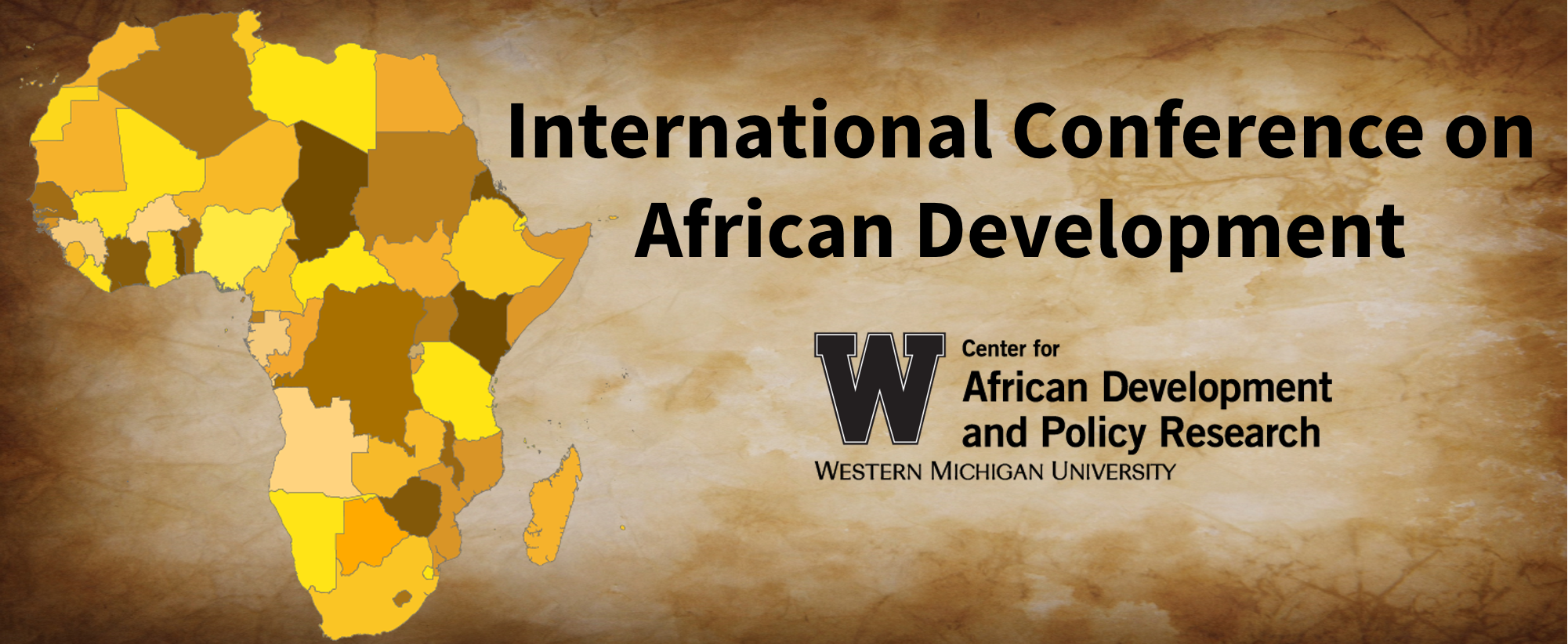12.1 The Ontological Moral Ground of Africans Quest for Climate Justice
Abstract
The problem with climate change is the most challenging phenomenon Africans currently face because they are not responsible for its cause. The African politicians and the African philosophers are, however, looking at the problem from quite different temporal perspectives. While the African politicians bother with the mitigation and adaptation of the problem in the future, the African philosophers focus on how humanity, first of all, has fallen into this ontological problem, and what has been the role of the Africans in this ontological decadence. The ground of the politicians’ claim, however, is founded on historical and empirical facts of Africa’s contribution to the environment, i.e. Green House Gases (GHG) inventories. Starting from the 15th Conference of Parties (COP - 15) held in December 2009 in Copenhagen, Denmark, Africans for the first time united and reflected on their quest for climate justice with one voice and sent a single negotiating team mandated to negotiate on behalf of all member states of the African Union. It was learned that the claim based on GHG inventories is politically relevant, however, philosophically, it is weak and shallow for it lacks an African ontological foundation. It is argued in this paper that Africans have another strong ontological moral ground for their quest for climate justice. This strong moral ground is the African existents ontological relationship with nature based on intuition, not on instrumental reasons. This ontological moral ground is important for bringing all stake-holders of the climate to ontological polylogue that arrives at universally valid ethics for the environment.
12.1 The Ontological Moral Ground of Africans Quest for Climate Justice
1920 Sangren Hall
The problem with climate change is the most challenging phenomenon Africans currently face because they are not responsible for its cause. The African politicians and the African philosophers are, however, looking at the problem from quite different temporal perspectives. While the African politicians bother with the mitigation and adaptation of the problem in the future, the African philosophers focus on how humanity, first of all, has fallen into this ontological problem, and what has been the role of the Africans in this ontological decadence. The ground of the politicians’ claim, however, is founded on historical and empirical facts of Africa’s contribution to the environment, i.e. Green House Gases (GHG) inventories. Starting from the 15th Conference of Parties (COP - 15) held in December 2009 in Copenhagen, Denmark, Africans for the first time united and reflected on their quest for climate justice with one voice and sent a single negotiating team mandated to negotiate on behalf of all member states of the African Union. It was learned that the claim based on GHG inventories is politically relevant, however, philosophically, it is weak and shallow for it lacks an African ontological foundation. It is argued in this paper that Africans have another strong ontological moral ground for their quest for climate justice. This strong moral ground is the African existents ontological relationship with nature based on intuition, not on instrumental reasons. This ontological moral ground is important for bringing all stake-holders of the climate to ontological polylogue that arrives at universally valid ethics for the environment.

